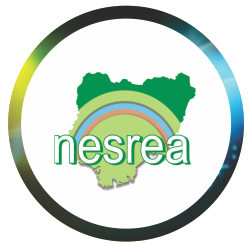Policies & Guidelines
A. National Policy On Environment
Nigeria is committed to a national environmental policy that will ensure sustainable development based on proper management of the environment. This demands positive and realistic planning that balances human needs against the carrying capacity of the environment. This requires that a number of complementary policies, strategies and management approaches are put in place which should ensure, among others, that:
- environmental concerns are integrated into major economic decision- making process;
- environmental remediation costs are built into major development projects;
- economic instruments are employed in the management of natural resources;
- environmentally friendly technologies are applied;
Environmental Impact Assessment is mandatorily carried out before any major development project is embarked on.
This policy, in order to succeed must be built on the following sustainable development principles:
- The precautionary principle which holds that where there are threats of serious or irreversible damage,
- the lack of full scientific knowledge shall not be used as a reason for postponing cost-effective means to prevent environmental degradation;
B. Nigeria’s Agenda 21
With an area of 923,770 sq. km, Nigeria is the largest country in tropical West Africa. It extends between Latitudes 4o 16′ N and 13o 52′ N and between Longitude 2o 49′ E and 14o 37′ E and is bounded by Cameroon and Chad Republic to the East, Niger Republic to the North and Benin Republic to the West. The southern coastline is dominated by the delta of the River Niger. Although only the twelfth largest country in Africa, Nigeria contains a quarter of the continent’s people and a greater population than any other African country. The nation features a great diversity of ecosystems – from the rainforest through dry savannah to drylands and flat coastal zones to plateaus and highlands.
